The transportation industry continually evolves, and we’re here to help you navigate the intricacies of purchasing a used skeletal trailer. Whether you are a seasoned fleet manager or a newcomer to the industry, understanding the nuances of skeletal trailers can significantly impact your operational efficiency and overall cost-effectiveness. This guide offers a well-structured, in-depth look at what to consider while searching for a used skeletal trailer for sale.
What is a Skeletal Trailer?
Skeletal trailers are specialized flatbed trailers designed predominantly for transporting containers. Their lightweight structure allows for increased payload capacity, which is particularly beneficial for businesses focused on optimizing logistics. The skeletal frame provides flexibility and efficiency, making them a popular choice in the intermodal shipping industry.
Key Features of Skeletal Trailers
| Feature | Description |
|---|---|
| Lightweight Design | Optimizes payload capabilities, allowing for heavier loads without exceeding limits. |
| Intermodal Compatibility | Designed to facilitate seamless container transport across various modes of transportation, including rail and road. |
| Durable Materials | Constructed with high-grade steel or aluminum, ensuring longevity and reduced maintenance costs. |
| Versatility | Capable of accommodating various container types, enhancing operational flexibility. |
| Enhanced Stability | Equipped with features that increase stability during transport, minimizing the likelihood of accidents. |
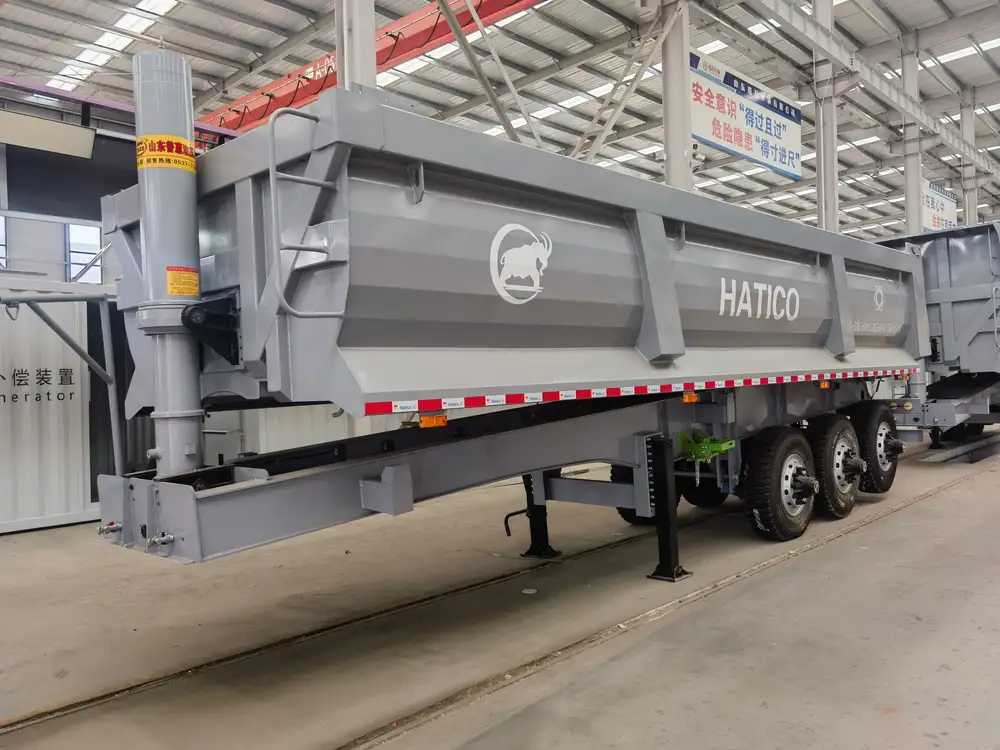
Benefits of Choosing a Used Skeletal Trailer
When evaluating the prospect of purchasing a used skeletal trailer, there are several compelling advantages:
Cost-Effectiveness
Lower Purchase Price: Used trailers typically come at a fraction of the price of new models, allowing businesses to invest capital elsewhere.
Depreciation Benefits: New trailers depreciate rapidly within the first few years. A used skeletal trailer already has its primary depreciation behind it, ensuring you retain a better resale value.
Immediate Availability
- Quick Acquisition: Unlike new trailers that may require a waiting period for manufacturing or customization, used options are often available for immediate purchase and deployment, allowing for faster return on investment.
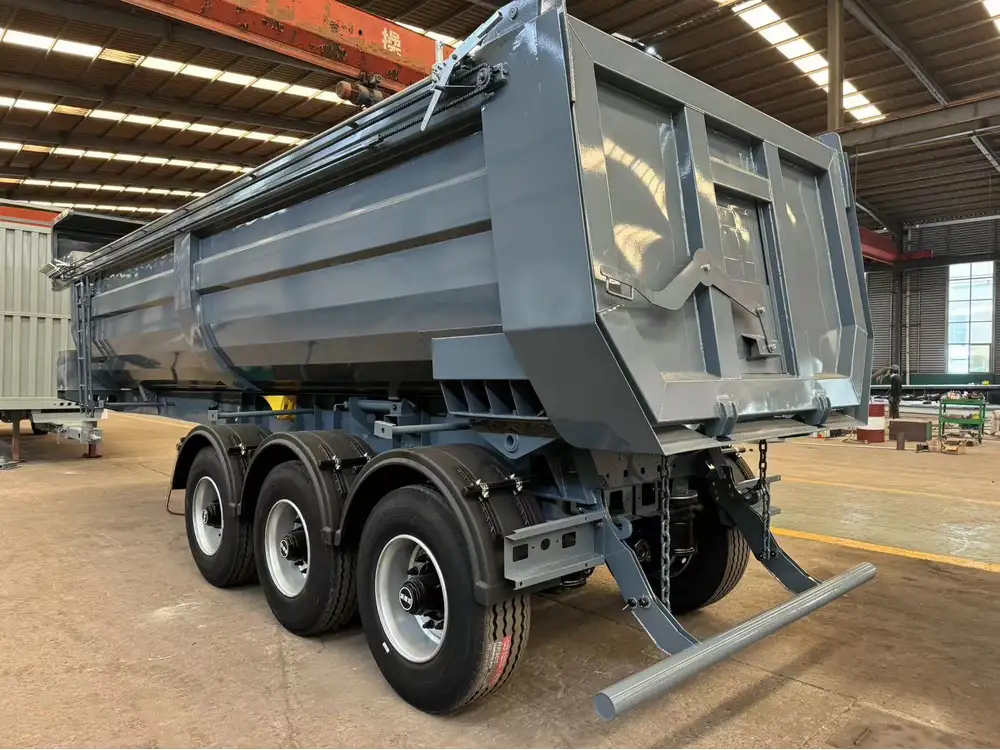
Proven Performance
Established Track Record: Used trailers will often have documented performance history, helping you assess reliability and operational capability.
Less Technical Uncertainty: With a used trailer, you can count on real-world performance data and customer reviews, unlike experimental new models where performance is untested.
Critical Factors to Consider When Buying a Used Skeletal Trailer
To ensure you make an informed decision, it’s essential to assess various factors meticulously before committing to a purchase.
1. Condition of the Trailer
The physical state of the trailer is paramount. Carefully inspect:
- Frame Integrity: Check for signs of rust, cracks, or bending, which can compromise safety.
- Suspension and Axles: Ensure all components are functioning optimally. Wear and tear might indicate upcoming maintenance costs.
- Braking System: Test brakes thoroughly. A malfunctioning braking system can pose serious safety hazards.

2. Weight Capacity and Specifications
Select a trailer that meets your operational needs. Evaluate:
- Max Load Rating: Confirm the weight limits and ensure they align with your transport requirements.
- Types of Containers: Ensure that the trailer can accommodate the specific containers you plan to transport.
3. Compliance with Regulations
Different regions have varying regulations regarding trailer specifications. Confirm that:
- The trailer adheres to local weight and safety regulations.
- It has all necessary documentation, including title and maintenance records.
4. Seller Reputation
Research the dealership or individual selling the trailer. Points to consider include:
- Customer Reviews: Seek feedback from previous customers to gauge the seller’s reliability.
- Warranty Options: Inquire if the seller provides warranties on the used trailer, which can alleviate concerns related to potential repairs.
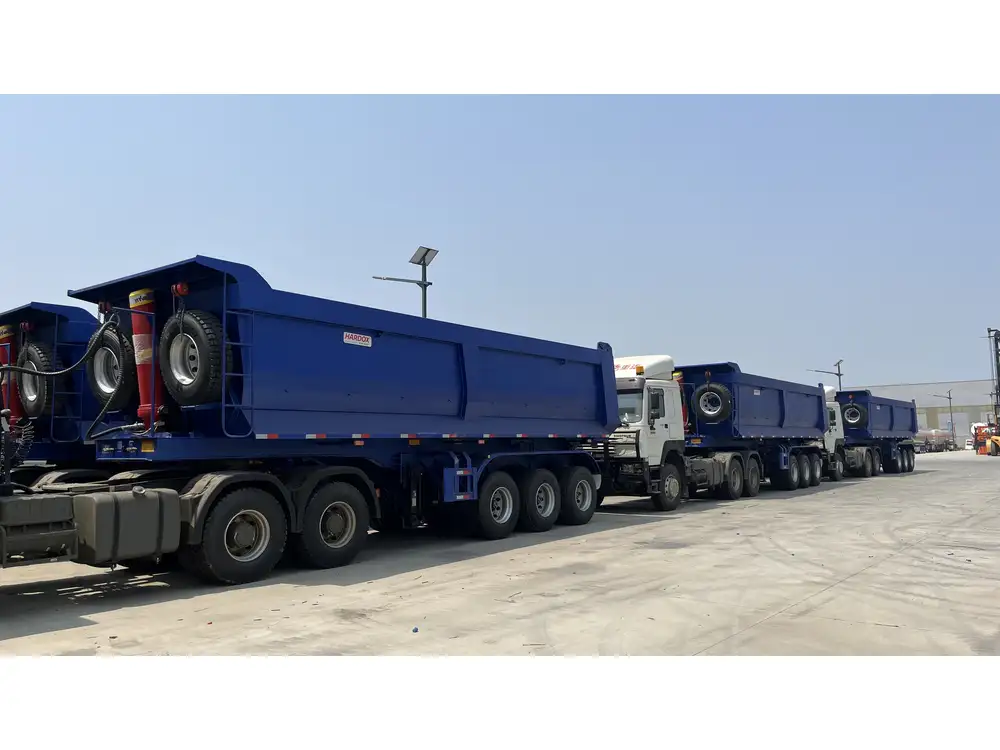
5. Pricing and Financing Options
Pricing can vary significantly based on the trailer’s age, condition, and market demand. Conduct a thorough market analysis to understand:
- Comparative Prices: Check online marketplaces, auctions, and local dealerships to gauge competitive pricing.
- Financing Plans: Explore financing options if necessary, including loans or leasing solutions that may provide a smoother acquisition process.
Where to Find Used Skeletal Trailers for Sale
When it comes to sourcing a used skeletal trailer, various avenues can be explored:
1. Online Marketplaces
- Websites: Platforms such as eBay, Truck Paper, and Craigslist often list used trailers from private sellers and dealers alike.
- Forums & Community Groups: Engage with industry-related forums where members frequently list trailers for sale.
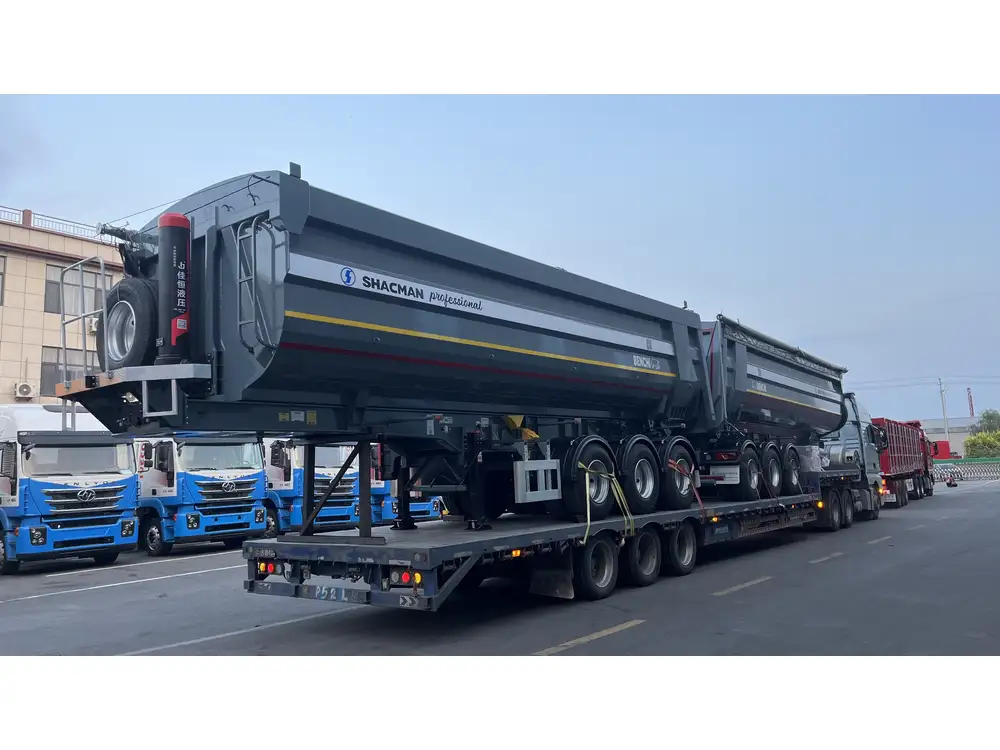
2. Local Dealerships
- Specialized Trailer Dealers: Many dealers specialize in used skeletal trailers and often provide additional services such as maintenance and repair.
3. Auctions
- Government & Commercial Auctions: These can be fantastic opportunities to secure used trailers at competitive prices. Government surplus auctions often include well-maintained equipment.
4. Industry Events and Expos
- Trade Shows: Participating in industry expos can yield excellent opportunities for purchasing used equipment directly from manufacturers or dealers.

Evaluating Trailer Performance
Before finalizing your purchase, consider conducting a performance evaluation:
Pre-Purchase Inspection Checklist
| Inspection Area | Items to Check |
|---|---|
| Physical Condition | Frame, floor, and structural integrity; rust or corrosion. |
| Braking System | Test functionality; ensure pads and rotors are in good condition. |
| Suspension & Wheels | Inspect for wear, ensuring they are in good condition for safe travels. |
| Electrical System | Verify all lights, wiring, and indicators are functioning properly. |
Utilize Professional Inspection Services
Engaging a professional to conduct a thorough inspection can help uncover potential issues that may not be immediately apparent. This investment can save money in long-term repair costs.
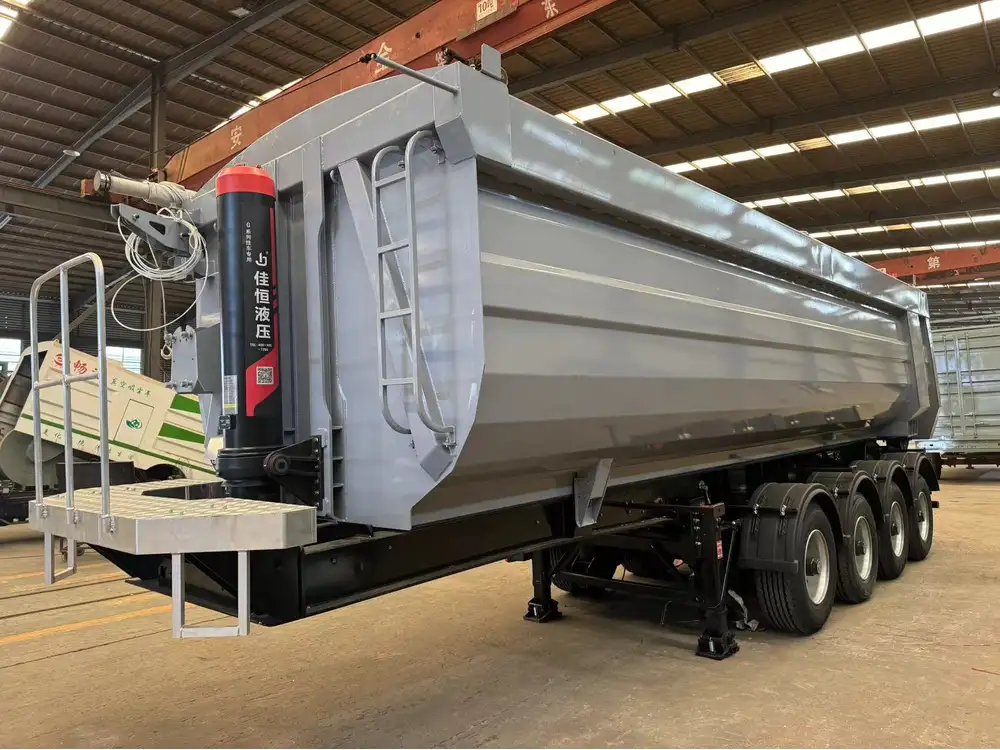
Conclusion: Making the Right Choice
Purchasing a used skeletal trailer is a significant decision that can enhance your logistics capabilities when executed wisely. By considering factors such as trailer condition, weight specifications, seller reputation, and pricing, you’re sure to make a choice that best fits your operational needs.
Key Takeaways
- Opt for a thorough inspection to get a holistic view of the trailer’s overall health.
- Evaluate seller reputation and past customer feedback before committing to a purchase.
- Explore diverse sources to find competitive prices that align with your budget.
Investing in a used skeletal trailer can dramatically streamline your transportation operations, improve delivery timelines, and ultimately enhance business profitability. Ensure you follow the outlined steps to make an informed decision that will serve you well in the long term.
This comprehensive guide aims to elevate your understanding of the used skeletal trailer market while positioning you to make a conversion-oriented purchase decision—leading your business toward increased operational success.



